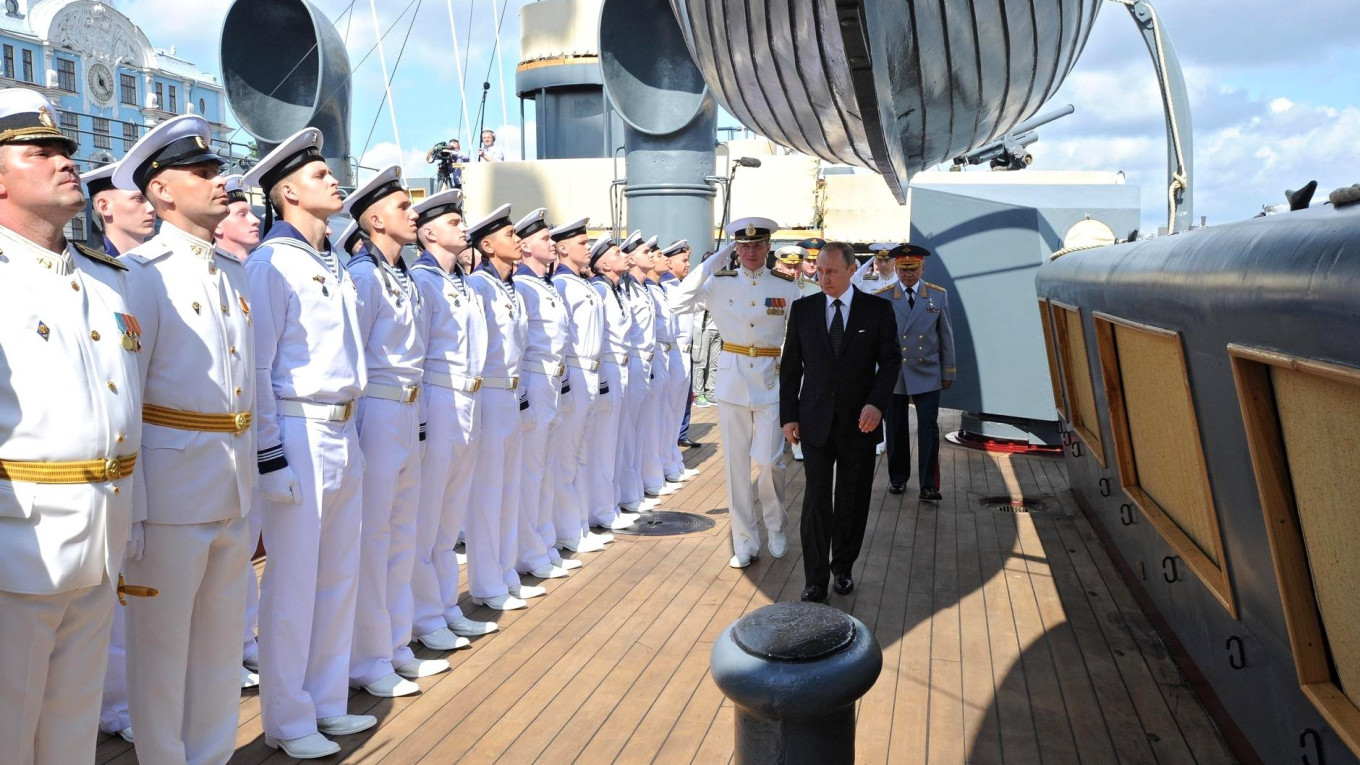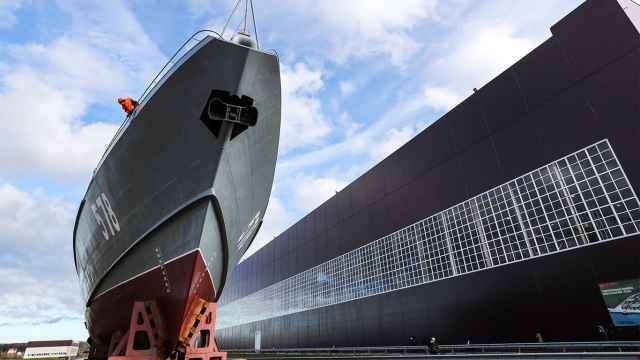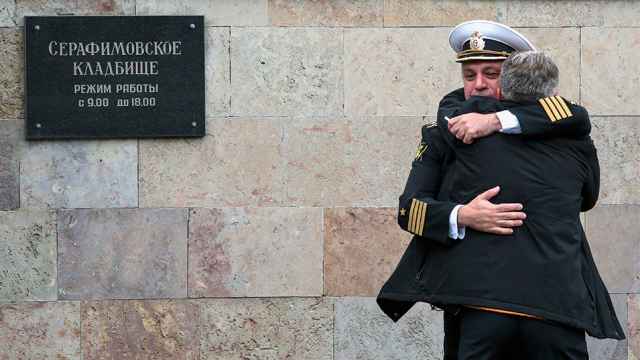Russian commentators have challenged officials for not releasing full details about an accident on board a military submarine that killed 14 sailors.
The incident took place on Monday, according to the Defense Ministry, but was not officially disclosed until late on Tuesday. Nearly two days on, there was still no word on whether the submarine was nuclear-powered.
Some Russian media accused officials of starving the public of details and drew parallels with the dearth of official information during the meltdown of a Soviet nuclear reactor in Chernobyl in 1986.
The type of vessel was not specified by the ministry and there were few details of the circumstances beyond the fact that it had been in Russian territorial waters and the fire had been extinguished.
"Absolutely nothing is known at the moment — who, what... I don't understand one thing: why did a day go by and only then did they make the statement about the deceased?" said Yevgeny Buntman, an anchor for the Ekho Moskvy radio station. "Why don't we know their names? Is this normal?"
The Bell, a news site often critical of the government, wrote: "Nearly a day without information about the accident in a nuclear facility and the need to look out for Norwegian statements about the level of radiation should have given a shudder to those who remember the Chernobyl nuclear power station."
Secret sub
Norway's authorities said on Tuesday they had not detected any abnormal radiation.
Asked on Wednesday if the vessel had a nuclear reactor on board, Kremlin spokesman Dmitry Peskov referred the question to the Defense Ministry.
He told reporters in a conference call that details of the submarine were classified, but that information had been provided in good time.
Several hours before the official statement, blogger Yevgeny Karpov reported a fire on a vessel belonging to the Northern Fleet, but he then took down the report at the fleet's request, he told the Meduza news site.
The fire is one of the deadliest submarine accidents since August 2000, when the nuclear-powered Kursk sank to the floor of Barents Sea, killing all 118 men aboard.
Authorities then, and in particular President Vladimir Putin, who was at the beginning of now almost two decades as president or prime minister, came under fire for their slow response and shortcomings in the rescue operation.
A Message from The Moscow Times:
Dear readers,
We are facing unprecedented challenges. Russia's Prosecutor General's Office has designated The Moscow Times as an "undesirable" organization, criminalizing our work and putting our staff at risk of prosecution. This follows our earlier unjust labeling as a "foreign agent."
These actions are direct attempts to silence independent journalism in Russia. The authorities claim our work "discredits the decisions of the Russian leadership." We see things differently: we strive to provide accurate, unbiased reporting on Russia.
We, the journalists of The Moscow Times, refuse to be silenced. But to continue our work, we need your help.
Your support, no matter how small, makes a world of difference. If you can, please support us monthly starting from just $2. It's quick to set up, and every contribution makes a significant impact.
By supporting The Moscow Times, you're defending open, independent journalism in the face of repression. Thank you for standing with us.
Remind me later.






